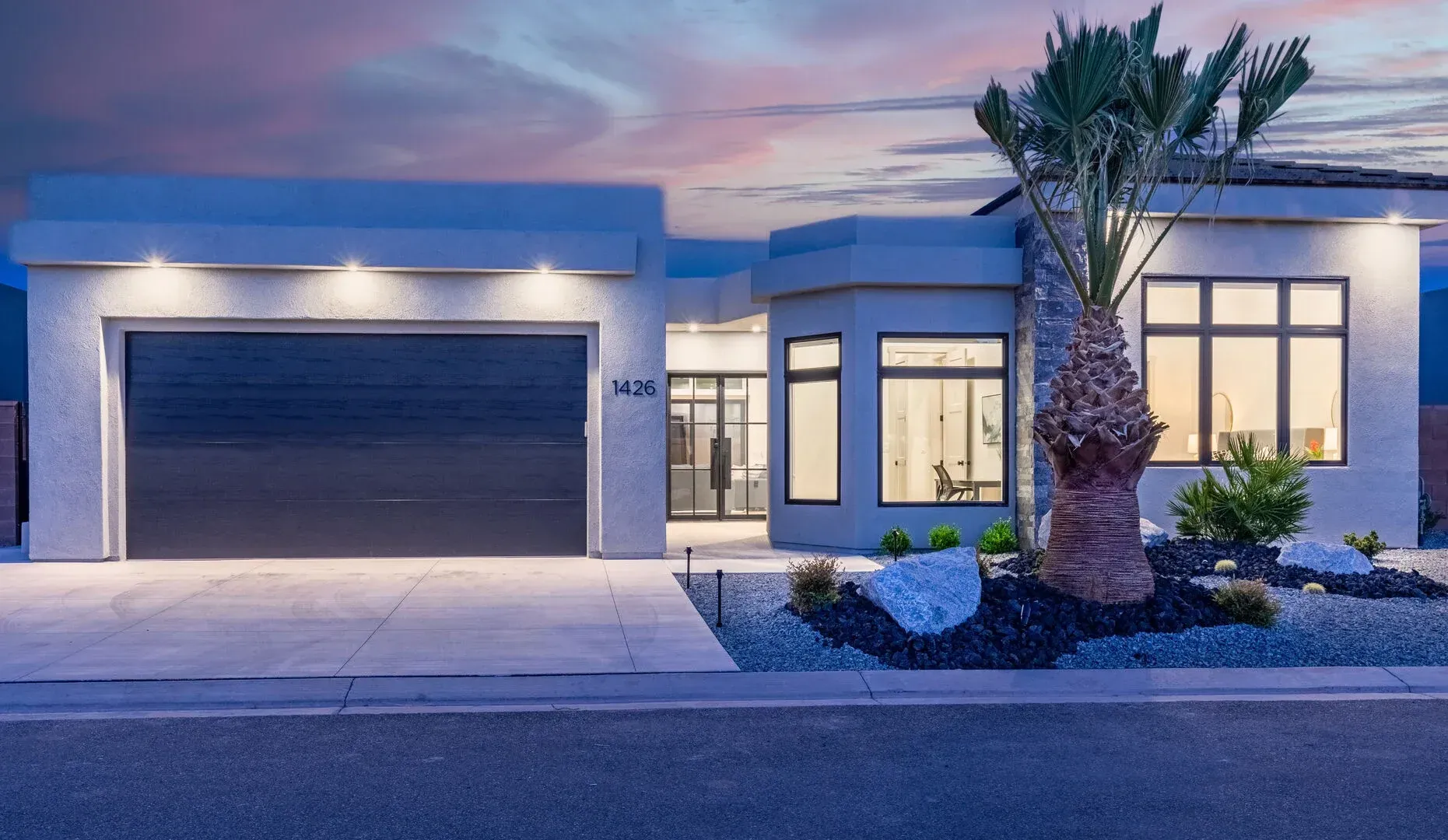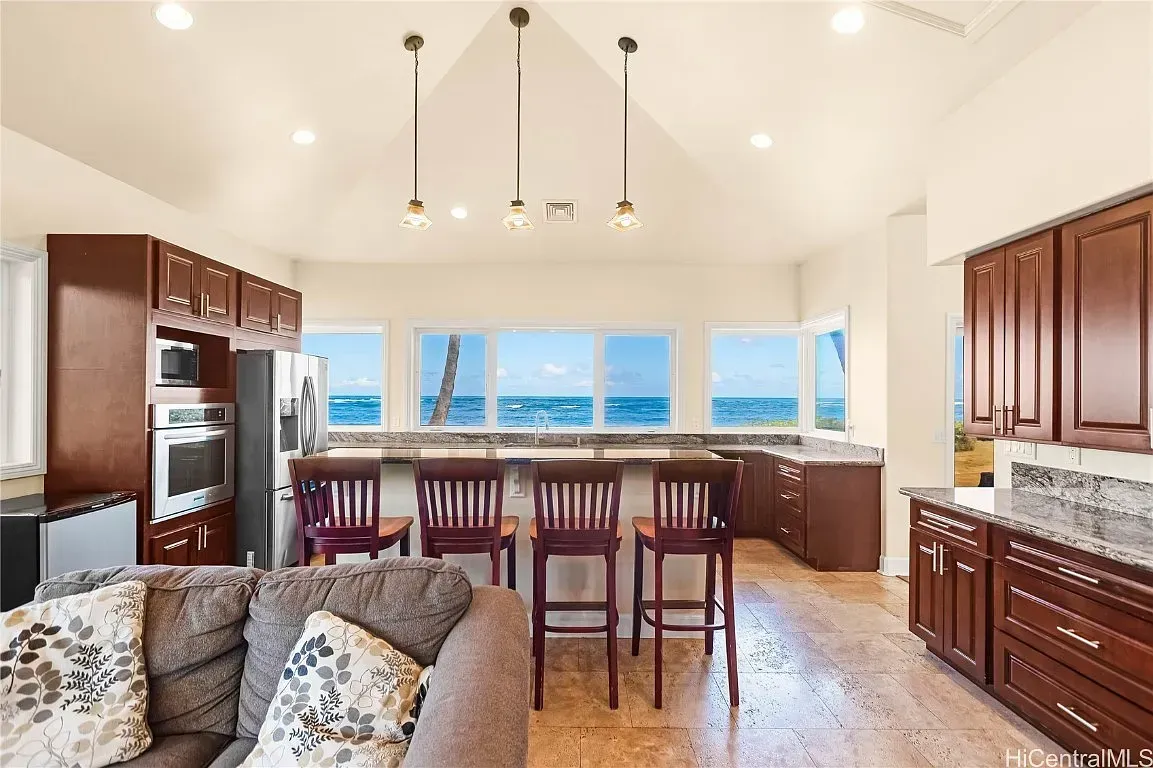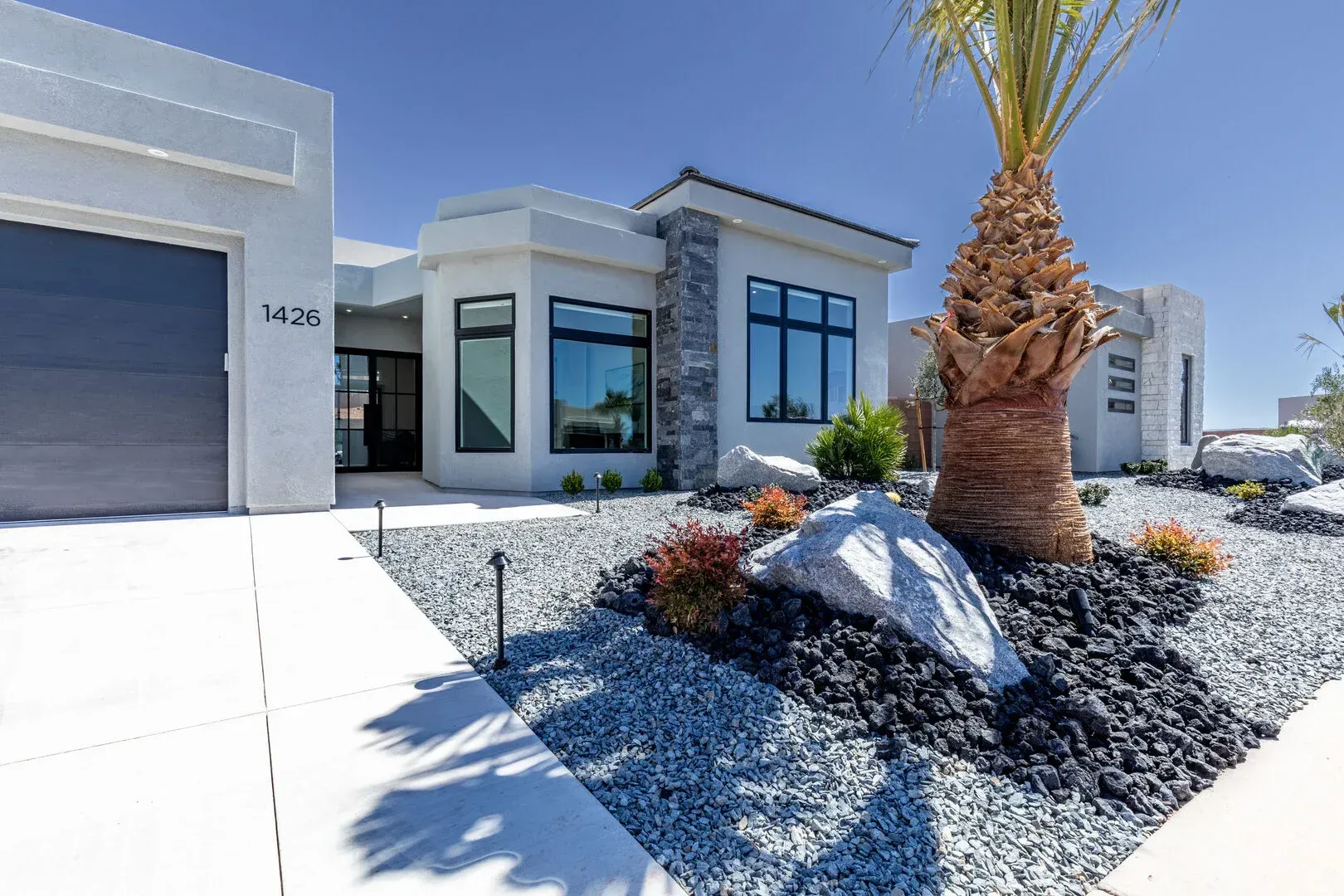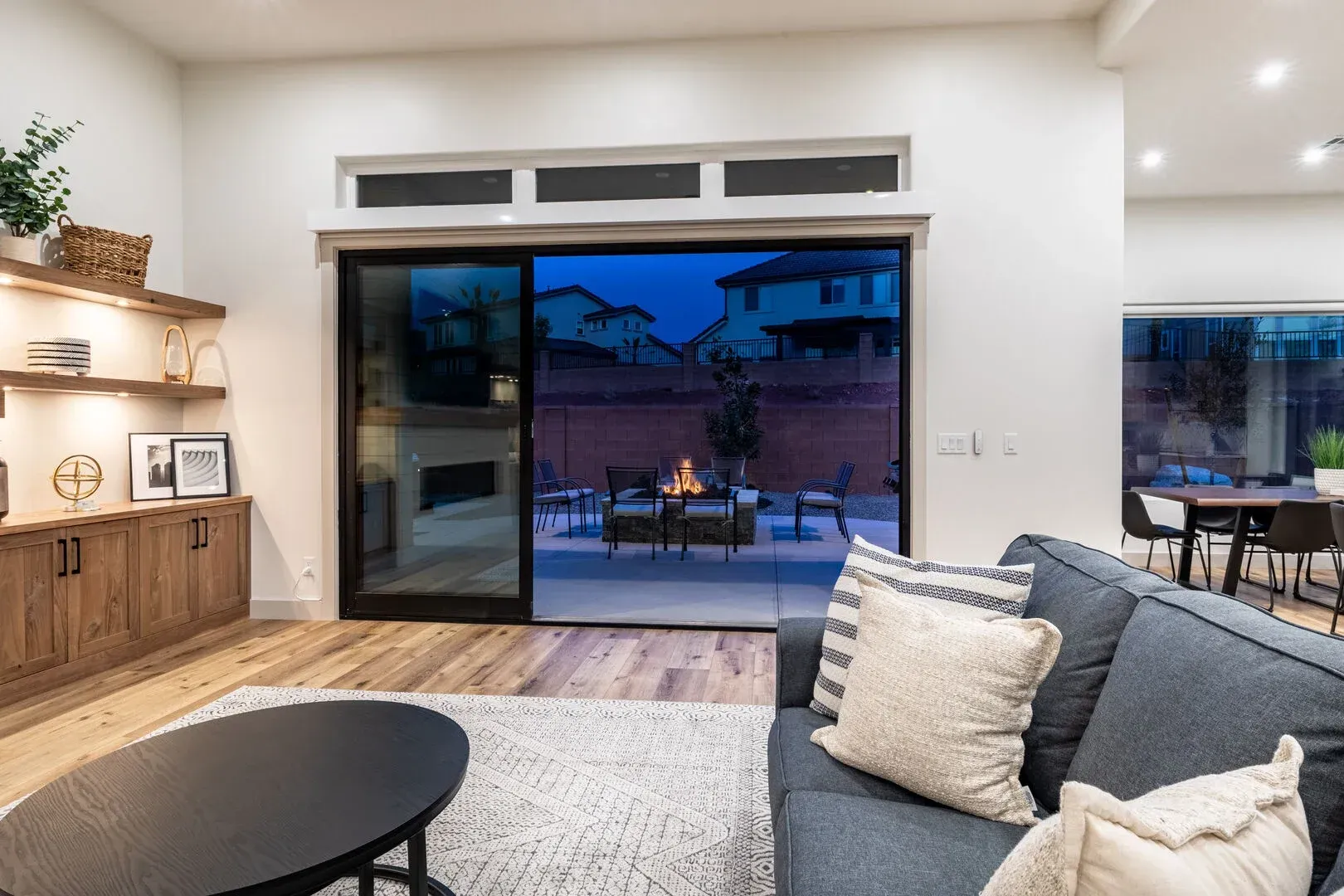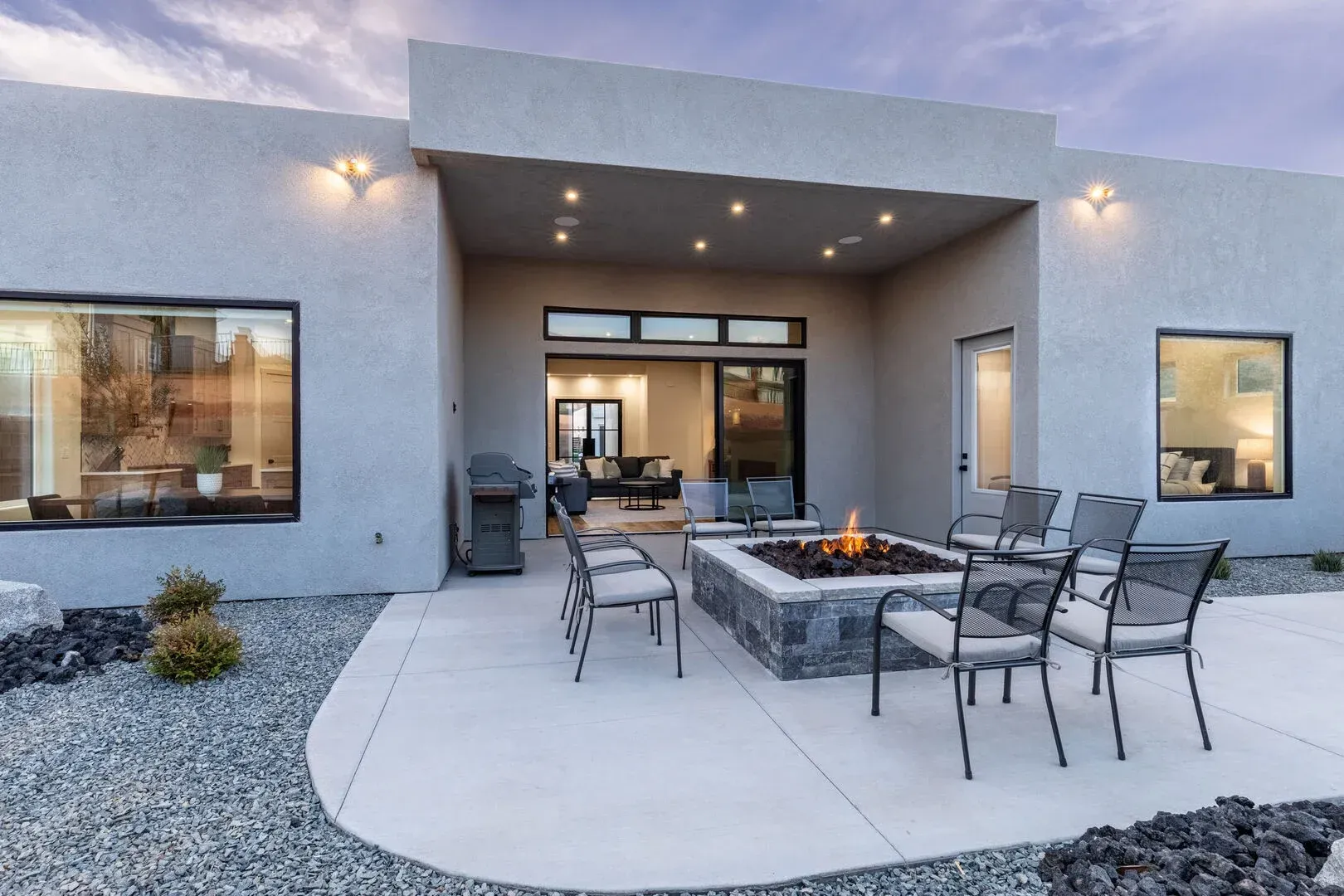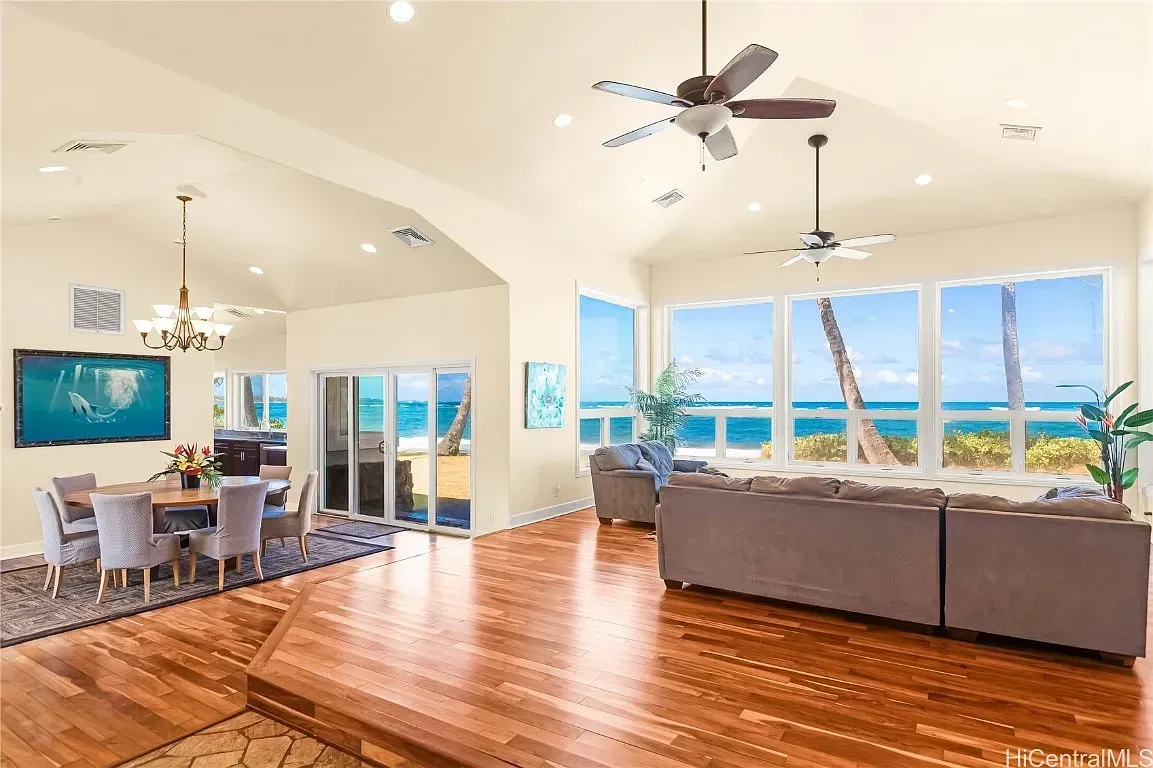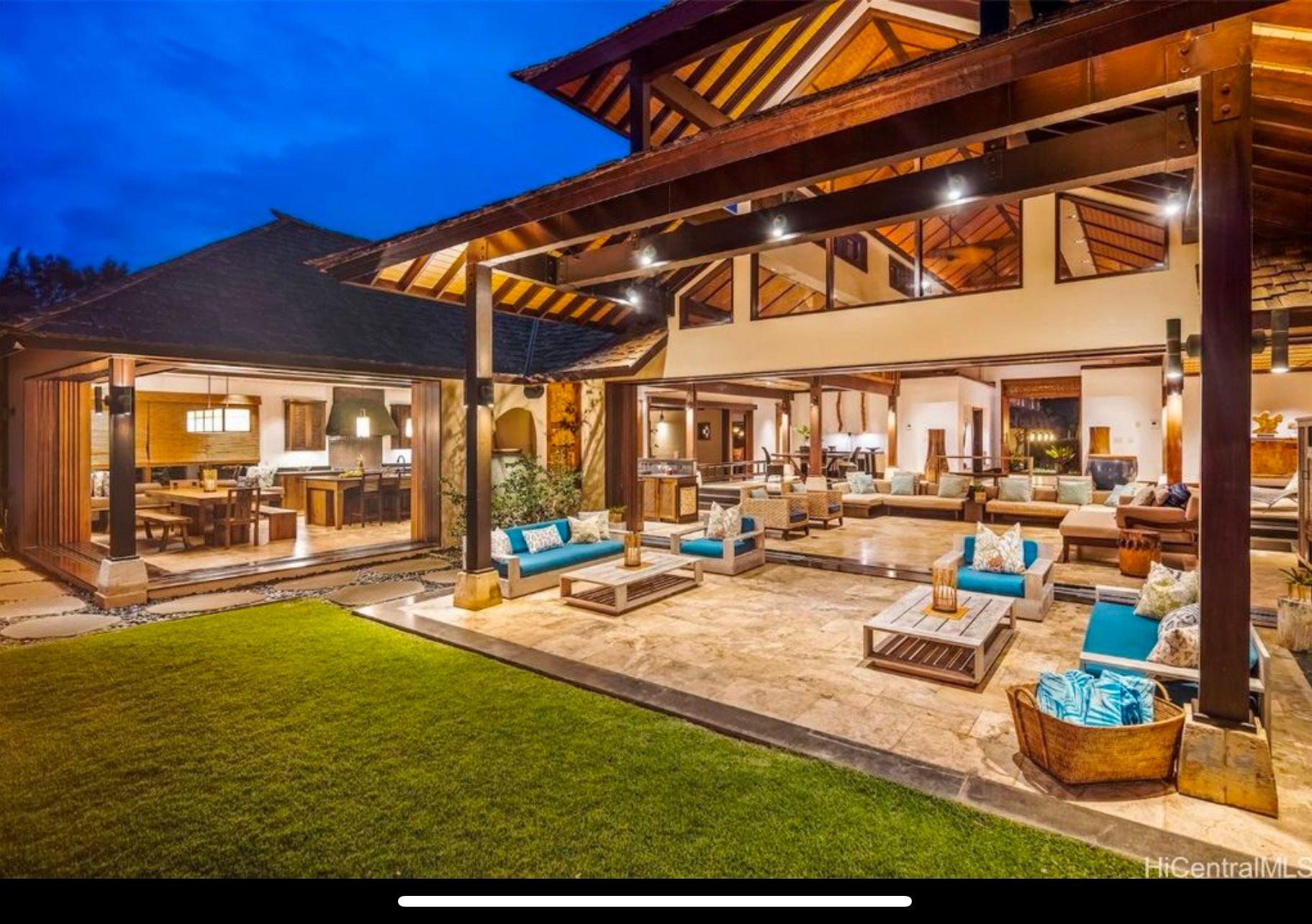Fractional Home Ownership vs Timeshare: What You Need to Know
Fractional home ownership and timeshares are both popular options for those looking to enjoy the benefits of owning a vacation home without the full financial commitment. However, there are key differences between the two that can impact your overall ownership experience. In this blog post, we will explore the ins and outs of fractional home ownership vs timeshares to help you determine which option may be right for you.
What is Fractional Home Ownership
Fractional home ownership refers to a structure in which multiple individuals share ownership of a property, typically a vacation home or condominium. Each co-owner owns a percentage of the property, and they are typically granted the right to use the property for a certain number of days or weeks each year. This arrangement allows individuals to enjoy the benefits of owning a vacation property at a fraction of the cost and responsibility that come with full ownership. Fractional ownership arrangements are often managed by a property management company or homeowners' association to facilitate scheduling and maintenance of the property.
Pros
- Access to a second home without the full financial commitment
Fractional ownership allows individuals to purchase a share of a property, giving them access to a second home without having to bear the full cost and responsibility of owning it outright. - Cost-sharing
By dividing the cost of ownership among multiple owners, fractional ownership can make owning a second home more affordable for individuals who may not be able to afford it on their own. - Shared maintenance expenses
With fractional ownership, maintenance costs and responsibilities are typically shared among all owners, making upkeep more manageable and less burdensome for each individual owner. - Flexibility
Fractional ownership often allows for more flexibility in terms of usage, with owners typically having designated periods of time to use the property. This can be advantageous for those who may not be able to devote as much time to a second home. - Potential for rental income
Some fractional ownership arrangements allow owners to rent out their allotted time when they are not using the property, potentially offsetting some of the costs of ownership. - Diversification of investment
Investing in fractional ownership of a property can provide individuals with a way to diversify their investment portfolio and potentially generate income or appreciation over time. - Access to higher-end properties
Fractional ownership can provide individuals with access to luxury properties that they may not be able to afford on their own, allowing them to enjoy a higher standard of living without the full financial commitment.
Cons
- Limited access
Fractional ownership typically means that you are only entitled to use the property for a set amount of time each year. This can be restrictive if you want to use the property more frequently or on specific dates. - Potential for conflicts
Sharing a property with multiple owners can lead to disagreements over usage, maintenance, and decision-making. This can create tension and conflict among owners. - Uncertainty of future availability
Since you are only purchasing a fraction of the property, there is no guarantee that the property will be available for your use in the future. The property may be sold, rented out, or otherwise unavailable when you want to use it. - Maintenance costs
As a fractional owner, you are typically responsible for a portion of the maintenance costs associated with the property. This can include expenses for repairs, upkeep, property taxes, and insurance, which can add up over time. - Depreciation of property value
Since fractional ownership is often associated with vacation properties, these types of properties may not appreciate in value as quickly as other types of real estate. This means that you may not see a significant return on your investment if you decide to sell your fraction of the property in the future.
What is Timeshare?
Timeshare refers to a vacation ownership arrangement in which multiple individuals share ownership of a property, typically a resort or condominium, and have the right to use the property for a designated period of time each year. Timeshare owners can either own a specific week at the property or have the flexibility to use their time at different times of the year. Timeshares can be purchased directly from a resort developer or acquired on the secondary market from existing owners. Owners are usually responsible for paying annual maintenance fees to cover the cost of upkeep and management of the property.
Pros
- Guaranteed vacation time
Timeshare owners typically have a fixed week or points system that allows them to secure a vacation spot at their chosen resort each year. - Cost-effective vacations
Owning a timeshare can be a more affordable option for regular vacations, as the cost is spread out over time and can often be cheaper than booking accommodations on a yearly basis. - Quality accommodations
Timeshare resorts often offer high-quality accommodations with amenities such as kitchens, multiple bedrooms, and resort-style pools and facilities. - Exchange options
Many timeshare programs offer the ability to exchange your week or points for stays at other resorts around the world, providing a variety of vacation options. - Potential for rental income
If owners are unable to use their timeshare week, they may have the option to rent it out to others, potentially earning some extra income. - Investment potential
While timeshares are not traditionally considered high-return investments, some owners may see value in the equity of their ownership over time. - Consistent vacation planning
Owning a timeshare can provide a sense of routine and structure to yearly vacation planning, making it easier to schedule time off and ensure regular getaways.
Cons
- High upfront costs
Purchasing a timeshare typically requires a significant upfront investment, including the initial purchase price and ongoing maintenance fees. - Maintenance fees
Timeshare owners are responsible for paying annual maintenance fees, which can increase significantly over time and may not always be predictable. - Limited flexibility
Timeshares are often rigid in terms of scheduling vacation time and may not always be available when you want to use them. - Difficulty in selling or getting out of the contract
Timeshares can be difficult to sell, and owners may find themselves stuck in a contract that they no longer want or can afford. - Decreasing value
Timeshares typically do not appreciate in value and may be difficult to resell for the same price that was originally paid. - Additional fees and hidden costs
In addition to maintenance fees, timeshare owners may also be responsible for extra costs such as special assessments, exchange fees, and property taxes. - Commitment
Purchasing a timeshare is a long-term commitment, and owners may find themselves locked into a contract for many years with limited options for cancellation or recouping their investment.
Key differences between Fractional Home Ownership vs Timeshare
1. Ownership Structure
- Fractional Home Ownership: In fractional home ownership, individuals own a fraction of a real estate property. Each owner has a deed to their specific fraction of the property, giving them partial ownership rights.
- Timeshare: In a timeshare, individuals typically own the right to use a property for a set amount of time each year but do not have actual ownership of the property itself.
2. Duration of Ownership
- Fractional Home Ownership: Owners of fractional properties typically have ownership rights for an extended period of time, often ranging from several weeks to several months each year.
- Timeshare: Timeshare owners typically have ownership rights for a specific week or weeks each year, which may vary depending on the specific timeshare agreement.
3. Flexibility and Usage
- Fractional Home Ownership: Fractional ownership allows for more flexibility in terms of usage, as owners can often choose when they want to use the property and for how long.
- Timeshare: Timeshare owners are limited to using the property during their designated weeks, which may not always align with their preferred vacation times.
4. Maintenance and Expenses
- Fractional Home Ownership: Owners of fractional properties typically share the cost of maintenance, property taxes, and other expenses related to the property. These costs are usually split based on the percentage of ownership.
- Timeshare: Timeshare owners pay annual maintenance fees and may also be subject to additional fees for upgrades or special assessments.
5. Resale Value
- Fractional Home Ownership: Fractional properties may have a higher resale value compared to timeshares, as owners have a tangible ownership stake in the property.
- Timeshare: Timeshares generally have a lower resale value, as ownership is limited to a specific time period each year and does not come with actual ownership of the property.
Navigate Fractional Home Ownership with Homes in Shares
With
Homes in Shares, fractional home ownership has never been easier. Start navigating the world of luxury vacation properties today and experience the ultimate in flexibility, convenience, and value.
Homes in Shares Details
Address: 54-327 Kamehameha Hwy #1B, Hauula, HI 96717
Phone: (801) 668-4906
Email:
info@homesinshares.com
Navigation Links
All Rights Reserved | Homes in Shares

